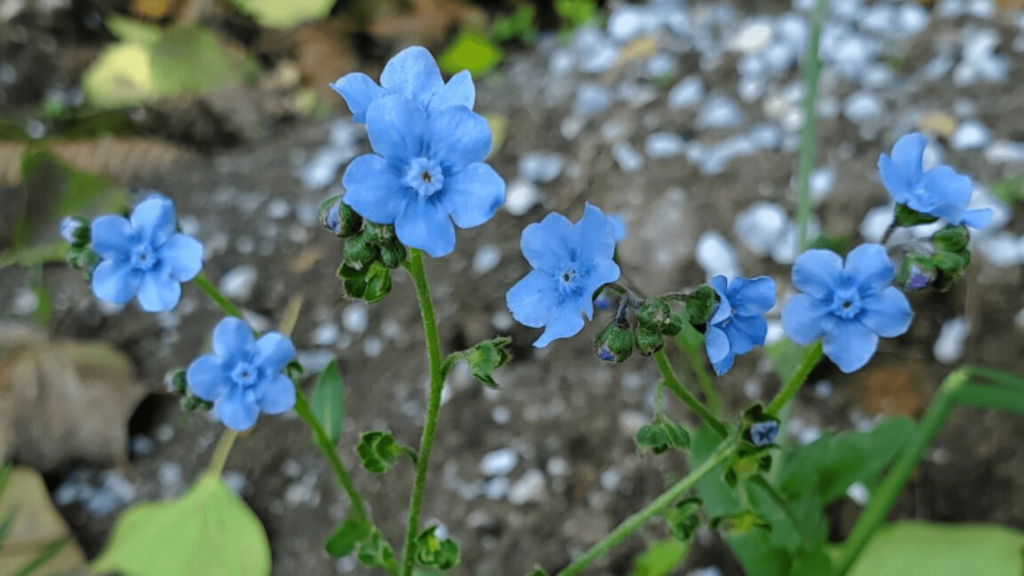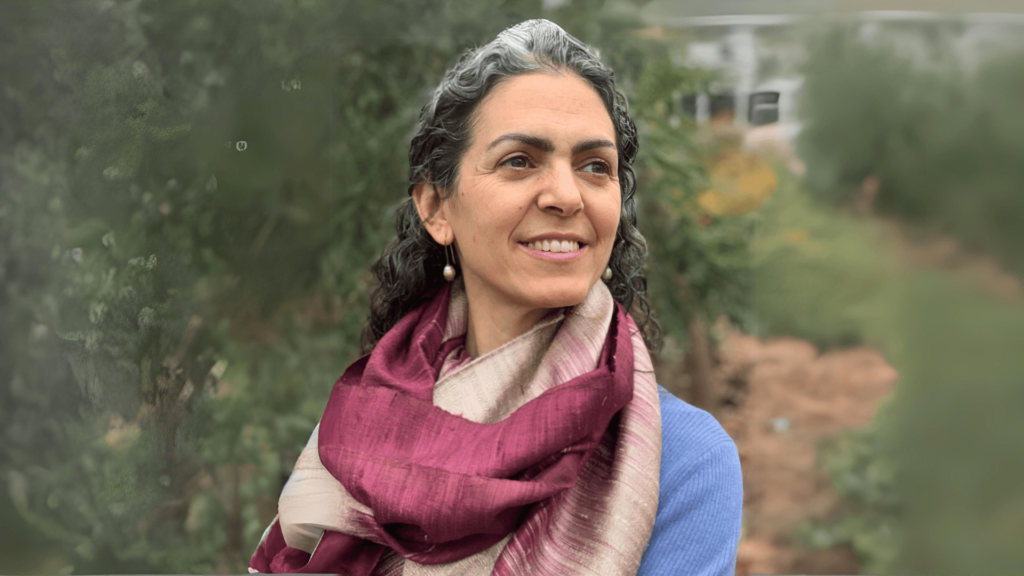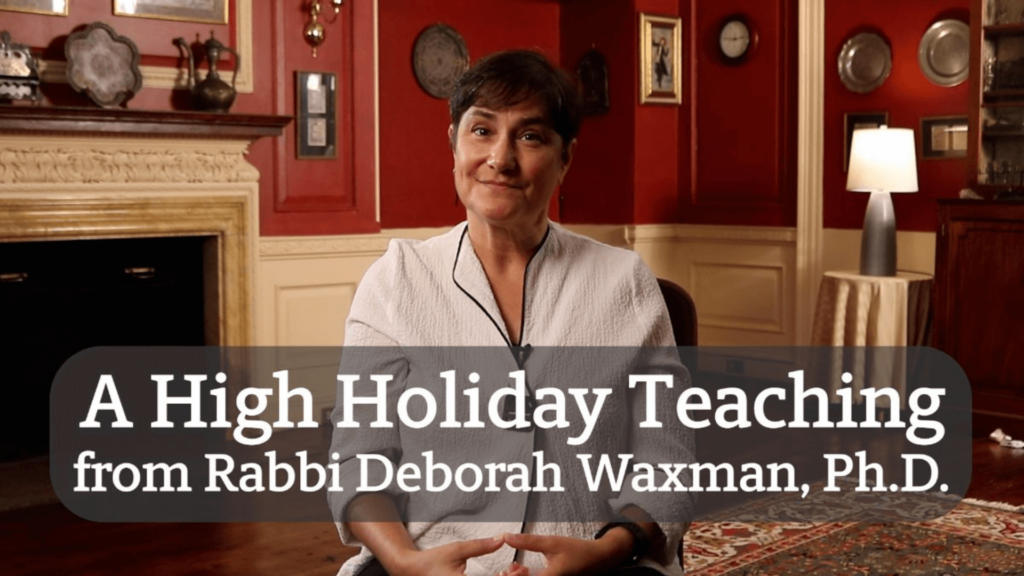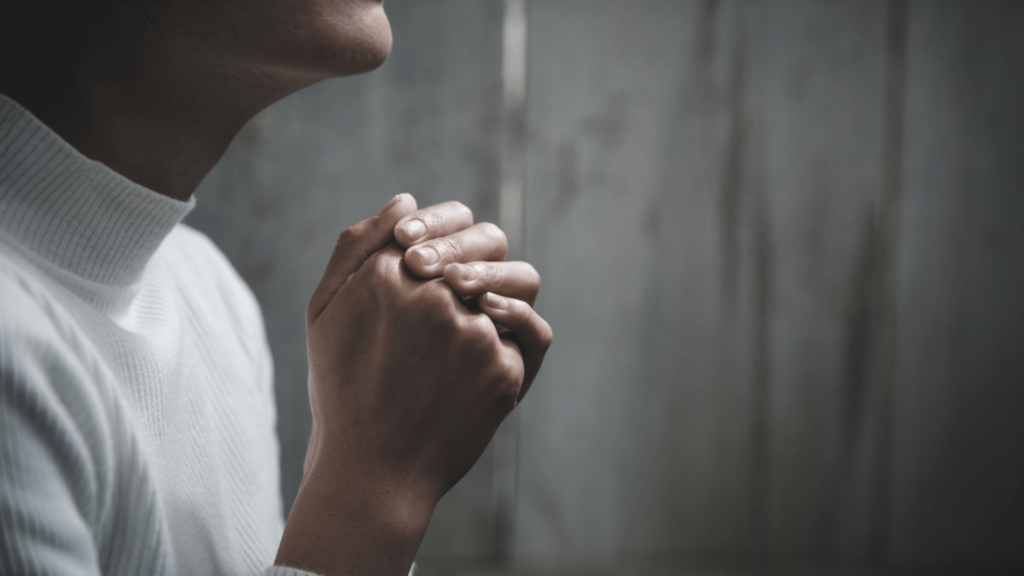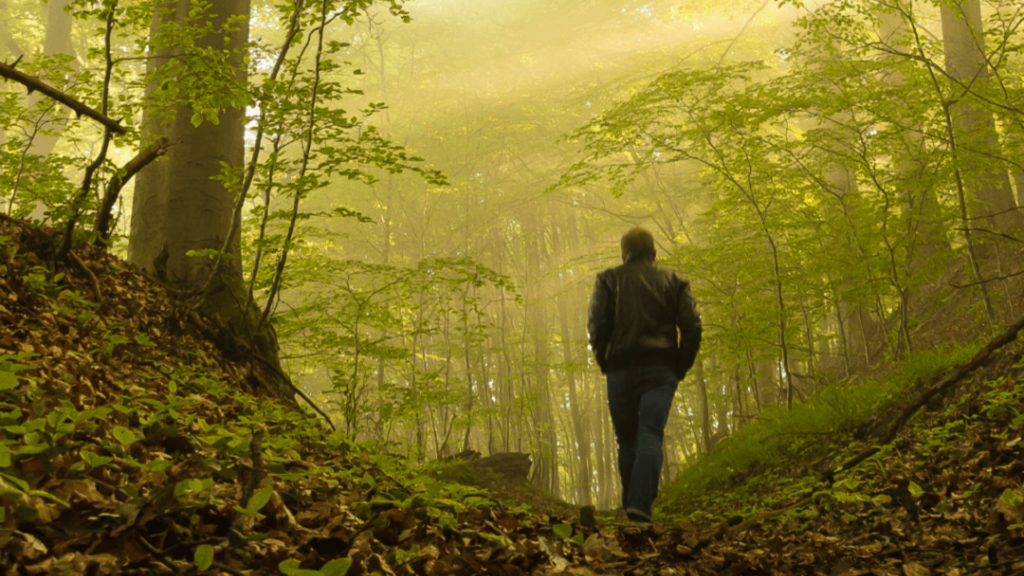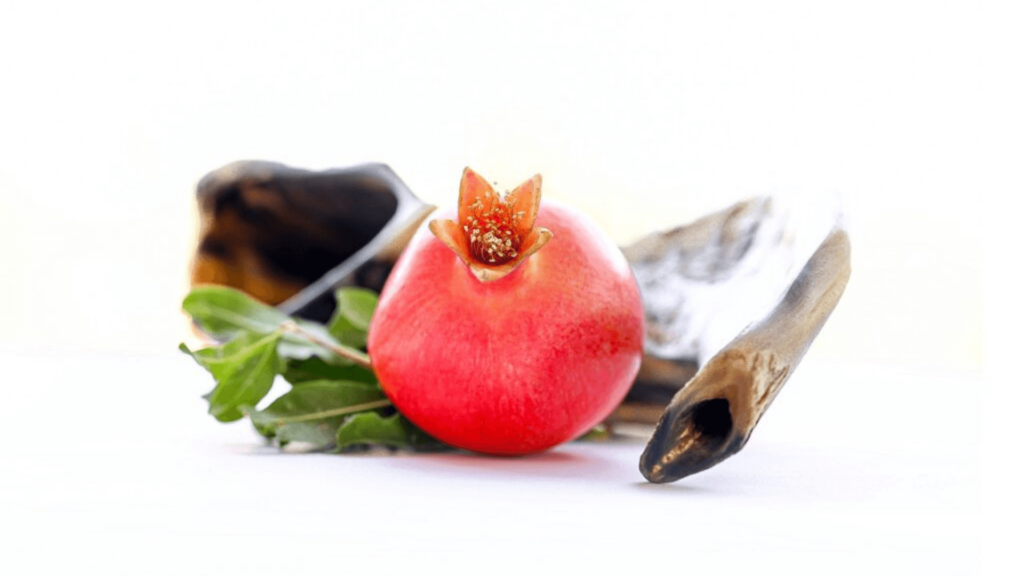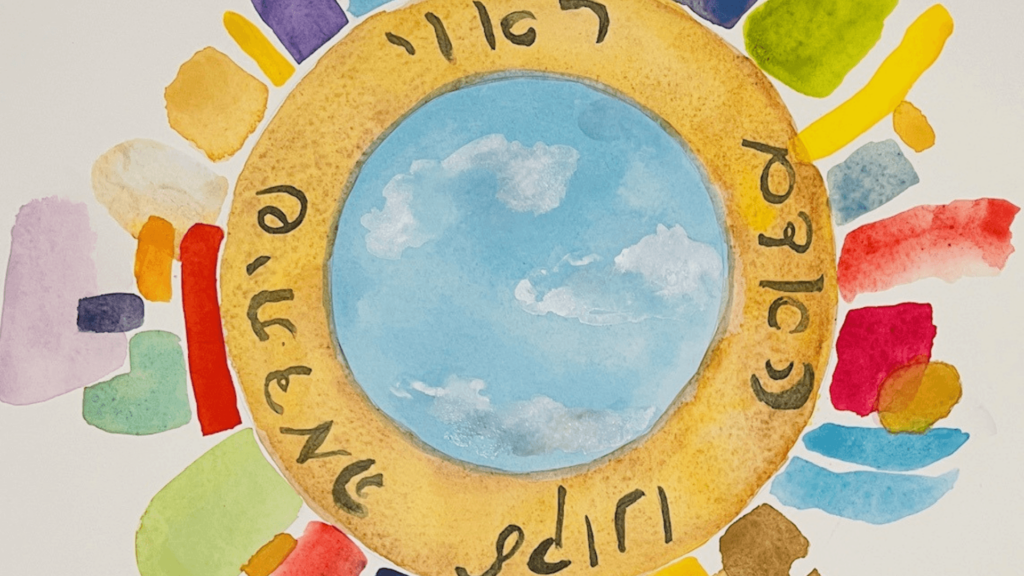Virtual High Holiday Box

Your Virtual Rosh Hashanah/Yom Kippur Box holds many ways to celebrate the holiday. Choose what nurtures you. Listen, watch or read. (Rosh Hashanah, Oct. 3-5; Yom Kippur, Oct. 11-12)
October 11-12
Rabbi Asher Sofman writes about what each of us can do to facilitate the nourishment and growth of every part of Creation.
Rabbi Daria Jacobs-Velde describes, in advance of the High Holidays, how thinking about a certain name for God led to surprising insights and questions. Can each of us be more sovereign over the kingdom and universe inside us?
In this High Holiday video, Rabbi Deborah Waxman teaches how Judaism puts covenant and relationships at the center of everything we do.
Rabbi Alex Lazarus–Klein reframes core ideas of Yom Kippur from a Reconstructionist perspective.
September 27-28
Drawing upon the teachings of political scientist Robert Putnam, Rabbi Marjorie Berman explores the themes of loneliness and community. She writes that the High Holidays show how much we really need one another.
Poet Tiferet Welch invokes perhaps the most powerful and well-known of High Holiday liturgies to ask where she might find the hope to find comfort, truth and reassurance. The answer, it seems, is in silence.
How do we pursue teshuvah? To shed light, Rabbi Michael Strassfeld explores concepts from Hasidism and Buddhism.
Sybil Sanchez Kessler’s poem reads like the blast of a ram’s home, a focused intention for the High Holidays and every day of the year.
September 20-21
The point of Rosh Hashanah and the High Holidays isn’t necessarily to repent sin, it’s to embrace an opportunity for personal growth and change, writes Rabbi Gregory Hersh.
Cathleen Cohen’s poem and watercolor painting are a call to rise above the fear that divides us and truly see our fellow human beings.
Rabbi Nathan Martin reframes the Rosh Hashanah practice of tashlikh as a method of realigning with our compassionate, loving selves while letting go of negativity.
Create new memories with loved ones and possibly expand your palette by learning to cook a traditional Mizrachi fish delicacy.

